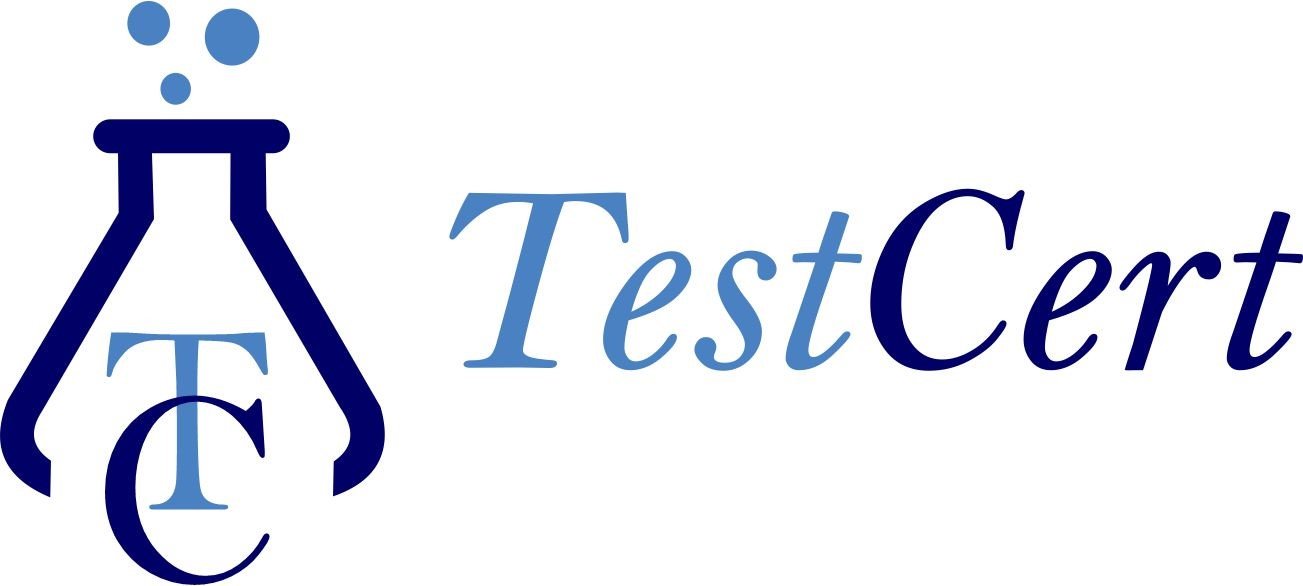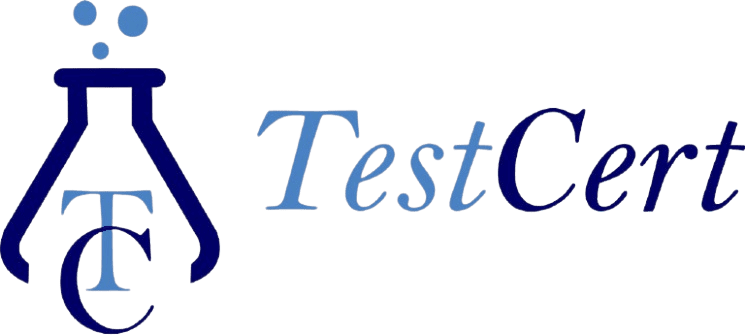- ejazkhadija2004@gmail.com
- August 29, 2023
- Biocompatability, Electrical Safety
- 0 Comments

Understanding Technical Documentation Requirements for Class Ir Medical Devices
What is a Medical Device Technical File?
Under the European Medical Device Regulation (EU MDR 2017/745), all manufacturers are required to compile a technical documentation file for each medical device. This file serves as a comprehensive and structured record that demonstrates the device’s conformity with regulatory and safety standards. At Testcert, we guide manufacturers through the development and validation of these files—ensuring they’re not only complete but also logically organized, easy to navigate, and fully compliant.
Core Components of a Technical File
Regardless of device classification, a technical file typically includes the following critical elements:
- Device Identification: Clear product details including name, model, and a traceable identifier (e.g., catalogue number or UDI code as per Annex VI of MDR).
- Classification Justification: Explanation of why the product qualifies as a medical device and how its classification was determined, in line with Annex VIII. Includes risk assessment and benefit-risk evaluation, guided by:
- ISO 14971:2019+A11:2021 – Risk management for medical devices.
- Intended Use: Description of the intended purpose, users, clinical function, and usage environment, often documented in the Instructions for Use (IFU).
- Design Overview: Description of key components and operational mechanisms, including diagrams, system configurations, accessories, and embedded software (if applicable).
- Device Evolution: Summary of any previous versions or equivalent devices.
- Labelling and IFU: Labels and usage instructions must adhere to:
- ISO 15223-1:2021 – Medical device symbols and labelling.
- EN ISO 17664-1:2021 – Manufacturer-provided processing information.
- Material Information: Detailed listing of critical materials in contact with the human body or essential to the device’s function. Supplier details and material validation reports should also be included, aligned with:
- ISO 13485:2016 – Quality management for regulatory purposes.
- ISO 10993-1:2018 – Biological safety evaluations.
- Compliance Evidence: Proof of conformity with the General Safety and Performance Requirements (GSPR) outlined in Annex I of the MDR. This should include test data, justification for chosen solutions, and traceable validation.
- Post-Market Surveillance: Ongoing monitoring reports capturing real-world safety and effectiveness. Includes user feedback, complaints, and follow-up testing, as defined in Annex III.
Specific Requirements for Class Ir Devices
Though the term “Class Ir” isn’t explicitly used in the MDR, Annex VIII defines this subcategory of reusable surgical instruments as Class I devices intended for use in invasive procedures (cutting, drilling, clamping, etc.) that are reprocessed and reused following cleaning, disinfection, or sterilization.
Additional Requirements for Class Ir Technical Files
Class Ir devices carry added regulatory expectations due to their reusability:
- Reprocessing Instructions: The IFU must include precise and validated instructions for cleaning, disinfection, and/or sterilization. For example, temperatures, chemical agents, contact times, and sourcing details must be clearly provided.
- Material Suitability: Materials must be compatible with repeated reprocessing cycles. Biocompatibility, durability, and chemical resistance are critical considerations. Improper material choice can result in degradation or toxic by-products.
- Process Validation: All reprocessing protocols must be scientifically validated, and supporting data included in the technical file. Standards relevant to reprocessing validation include:
- ISO 15883-5:2021 – Cleaning efficacy of washer-disinfectors.
- ISO 15883-2:2006 – Thermal disinfection of surgical equipment.
- EN ISO 17665-1:2006 – Steam sterilization validation requirements.
- Ongoing Monitoring: Post-market surveillance must include evidence that reprocessing instructions are effective in actual use conditions.
Need Help with Testing or Validation?
At Testcert, we support manufacturers with specialized testing and technical documentation services for reusable medical devices. Our offerings include:
- IFU validation (sterilization, cleaning, and disinfection)
- Biocompatibility assessments
- Material compatibility and durability evaluations
- Custom test development upon request
If you need a service not listed on our website, get in touch—we’re here to support your compliance needs from development to market launch.
Dedicated Professionals & Doctors Recommend Us
Dedicated professionals committed to providing you with accurate and reliable diagnostic services. Get patholab services today from the best lab experts & make a visit to our laboratory.

